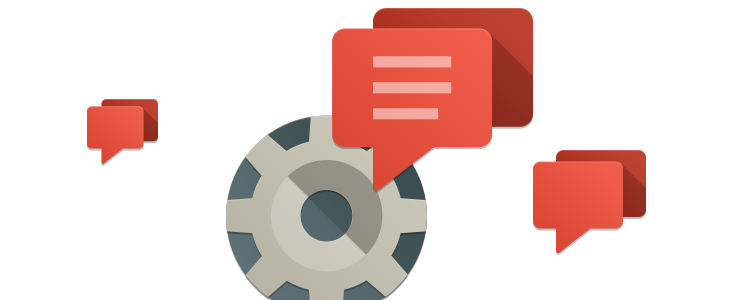Are you a website owner? Do you run multiple websites on Joomla? There are some tips that we have come up with that should help you stay on top of your websites.
You can also use this guide to help you manage other Content Management Systems as well. Some of the basics are the same, it really comes down to staying organized and up to date.
Standardize Joomla Extensions
We have installed Joomla over a thousand times. That means we have installed the extensions just as many times. Because of this, we have come to know exactly which extensions we like and use.
Overtime our preference may change or some extensions may become widely used Joomla standards. Because they can change a lot we keep a fresh install of Joomla up to date with our favorite extensions. That way, any time we need to make a brand new Joomla site for ourselves or for clients, all we have to do is use our fresh Joomla install.
Ways to keep up with your extensions
- Make a board on Pinterest and pin the websites of your favorite extensions
- Start a spreadsheet that has lists of each extension, it's version number, if it's free or paid, and which site you have it installed on
- Bookmark the extension website in your browser
Maintaining Multiple Site Speed & Performance
It's important to have a fast running site. According to Matt Cutts at Google, a fast site performs better in search engine rankings. So how in the world can you keep up with all the websites at the same time?
Get an Uptime Monitor
You can use a free option like StatusCake, but you may not catch all of the downtime like a professional uptime monitor like Pingdom.
In both of these services you can enter in all of the sites you want to track. With Pingdom, you will have to pay to add all of your sites, but for website owners like us, we find it very helpful!
How to test your website speed on all your site
Keep a spreadsheet of your websites and track your website page-load times using webpagetest.org
SEO & Analytics On All Your Sites
One of your first steps whenever you make a new Joomla site is to add a new Google Analytics account for that domain. That way you can set up all the new channels and watch as traffic funnels through your site.
Adding Google Analytics is not that hard, and can make a huge difference while you manage your brand's presence online. You can see which pages bring in traffic and how well they're ranking.
Use our custom Google Analytics dashboard
Don't forget, Google Webmaster Tools can be helpful for spotting errors that Google is running into while crawling your website. Fixing those bugs will help move your site up the ranks.
Keep Joomla URL's friendly and Meta Data clean
For SEO we also keep track of our websites meta data and urls using spreadsheets. Create a column for each of your websites, the URL, meta title, meta description and anything else that you need to. Read our SEO Best Practices.
Schedule Time Each Week For Updates
One thing about Joomla (or any CMS, really), is that you constantly have to update the core and the plugins you're running. The best way we have found to do this is to set reminders in your calendar that remind you to update your website.
You can also take it one step further and create a spreadsheet that lists all of the websites, their extensions, extensions & core version numbers and last time it was updated. This will help you verify, without a doubt, what you need to update.
Know Your Hosting Company
In some cases it is good to house all your domains at the same or familiar host. That way you know exactly what kind of features they offer, how well their servers perform and how well they handle tech support. We have a list of our best hosting companies and we encourage you to find the ones you like the best as well.
There can be downsides to hosting all the sites on the same host so we choose not to for the most part. But if you think it sounds like a good idea, try CloudAccess.net or Site5.com. They both have a great way to manage multiple Joomla sites.


